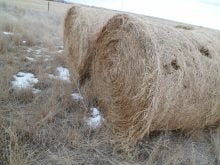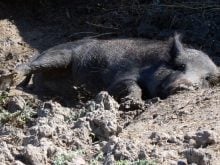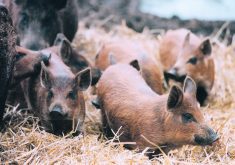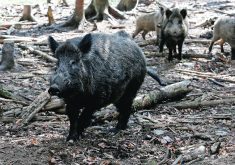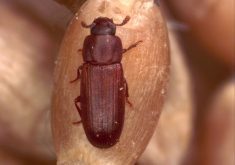Saskatchewan hunters may now hunt wild boar without a licence.
The government has amended both the wildlife regulations and the stray animal regulations to allow feral or free-ranging wild boar to be killed.
Hunters are still required to ask permission to hunt on private land and must follow proper safety precautions.
Wild boar can become a serious problem, and environment minister Herb Cox said the amendments address concerns about public safety.
Wild boar were first imported from Asia and Europe in the late 1970s as domestic livestock. Some escaped from farms and have been able to reproduce and roam freely.
Read Also
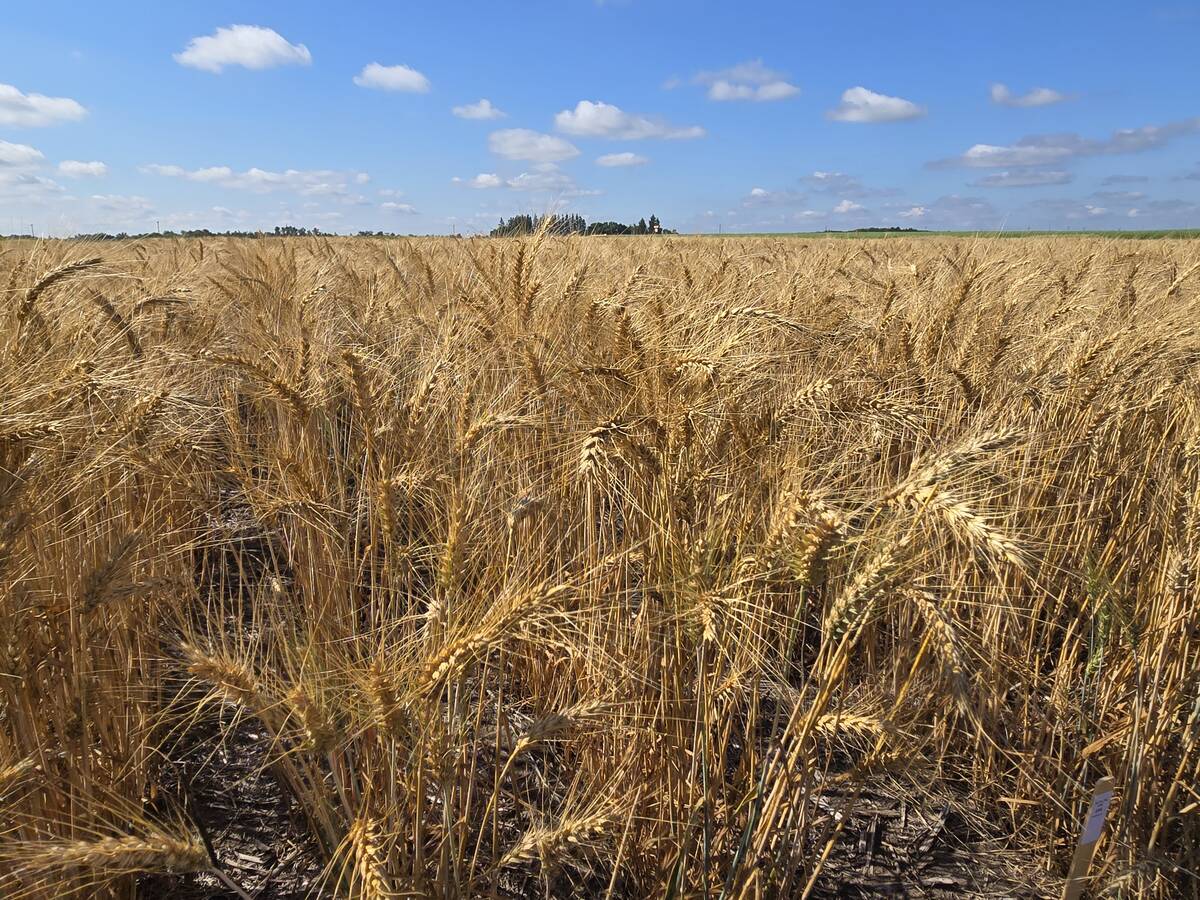
Fall rye hits record high in Manitoba
Winter cereals 2025: More Manitoba fields grew fall rye in 2025 than ever before, but winter wheat slipped and, while spring stand survival was good, drought took its toll
They have few natural predators and are notoriously difficult to control.
More than 60 rural municipalities have reported free-ranging wild boar, said the province. The animals have damaged crops, harassed livestock, threatened people, destroyed fragile plants and can transfer disease to domestic hogs.
“The move to regulate escaped wild boar as exotic wildlife instead of stray livestock enables landowners and producers to better protect their livestock, crops and pasture,” said agriculture minister Lyle Stewart.
Saskatchewan Crop Insurance Corp. offers a control program as well.
Removing boar from the stray animal regulations means local RMs are no longer responsible to capture and contain them.
Farmed wild boar are subject to stricter fencing requirements.
Saskatchewan Association of Rural Municipalities president Ray Orb said RMs are pleased with the changes.
Contact karen.briere@producer.com




